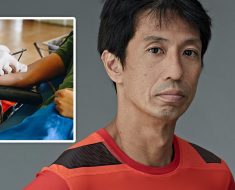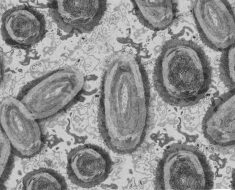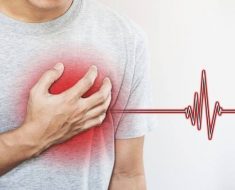
COVID Vaccine Disposal
An unintended consequence of COVID-19 has been a surge in new trash, from face masks, wipes, and gloves to now used syringes. As millions of vaccines roll out daily, the process of disposing of needles safely and efficiently can be quite the task.
In a move seen as pushing the limits of medical ethics, the United Kingdom announced Wednesday that it will fund a project that will intentionally infect young and healthy volunteers with COVID-19 in the name of research.
Reuters reported that the government will invest $43.5 million into the trials that still need the final approval by an ethics committee. The hope is that scientists will learn a great deal about the virus in a controlled setting, leading to new breakthroughs in treatment and vaccines.
About 90 volunteers, between the ages of 18 and 30, are expected to take part in the “human challenge.” The study was set to take place in the high-level isolation unit of the Royal Free Hospital in London, according to the Lancet.
CALIFORNIA TO BOOST COVID-19 VACCINE ROLLOUT WITH BLUE SHIELD CONTRACT
The magazine Nature reported back in October—when the idea of the trials just surfaced—that the idea of infecting people “even those at low risk of severe disease—with SARS-CoV-2, a deadly pathogen that has few proven treatments, is unchartered medical and bioethical territory.”
The magazine reported that Belgium has also considered similar studies.
CLICK HERE TO GET THE FOX NEWS APP
Critics point out that the virus is unpredictable with no proven treatment. They also question how worthwhile it is to study the disease in individuals who are healthy and young. The virus is known to be more dangerous to the 65-and-above population.
Proponents of the trials say the knowledge that can be gained is worth the risk.
CLICK HERE FOR COMPLETE CORONAVIRUS COVERAGE
“Deliberately infecting volunteers with a known human pathogen is never undertaken lightly,” Peter Openshaw, co-investigator on the study and an immunologist at Imperial College London, said, according to the medical journal. “However, such studies are enormously informative about a disease. It is really vital that we move as fast as possible towards getting effective vaccines and other treatments for COVID-19, and challenge studies have the potential to accelerate and de-risk the development of novel drugs and vaccines.”
Chris Chiu, an Imperial College scientist on the team, told Reuters that one of the first studies he’ll conduct is the effects of the Gilead antiviral drug remdesivir on carriers in the early stages of infection. He told the news outlet that his team has a “strong belief” in the drug if given on time.
Source: Read Full Article





